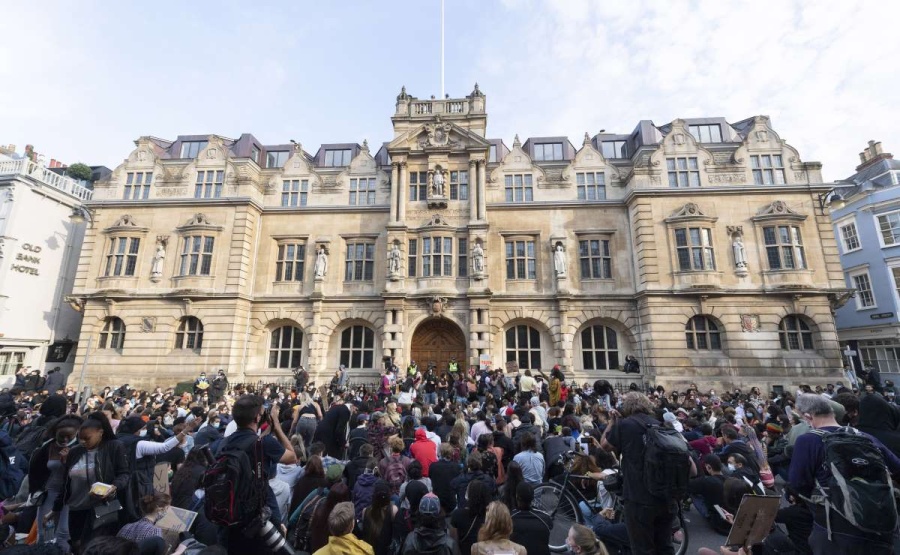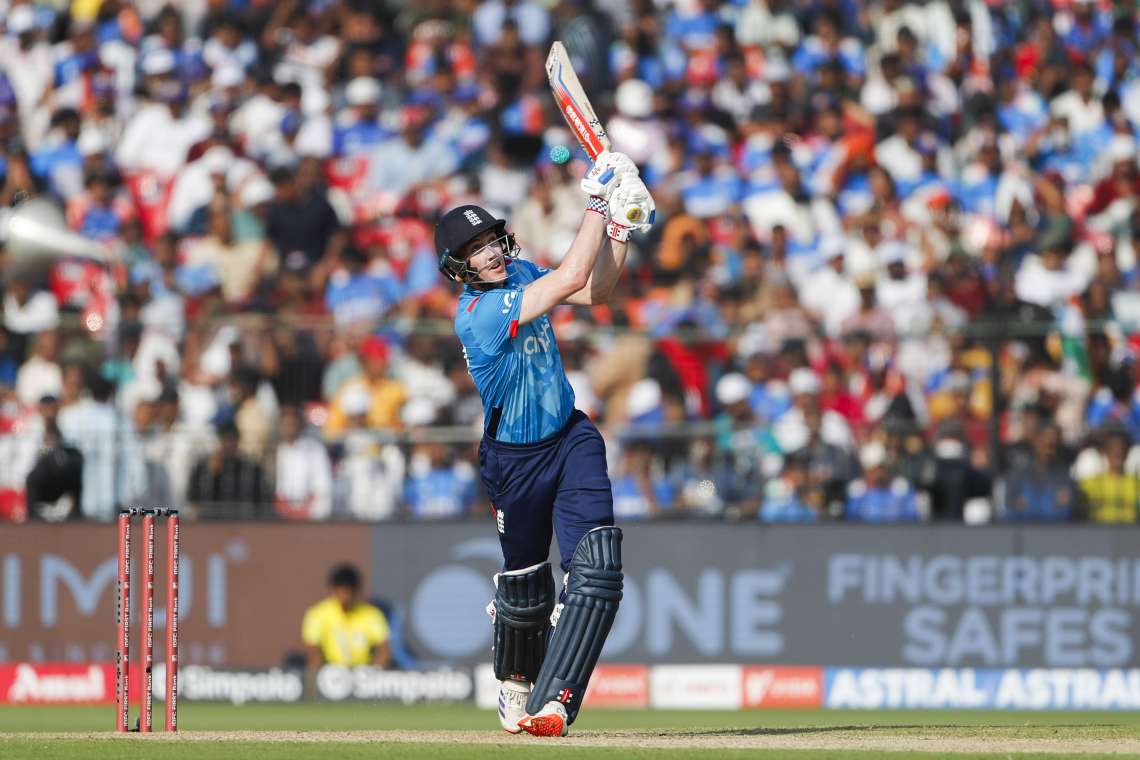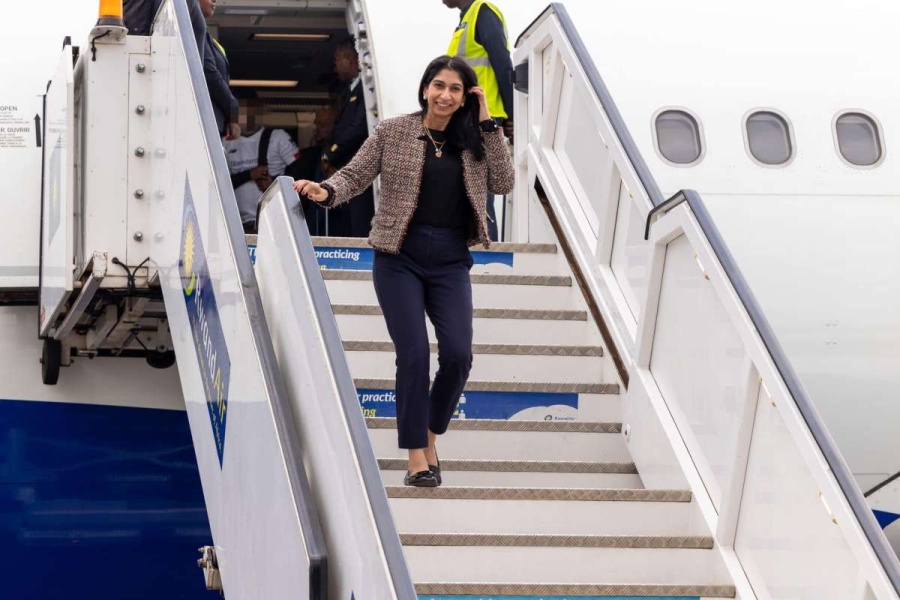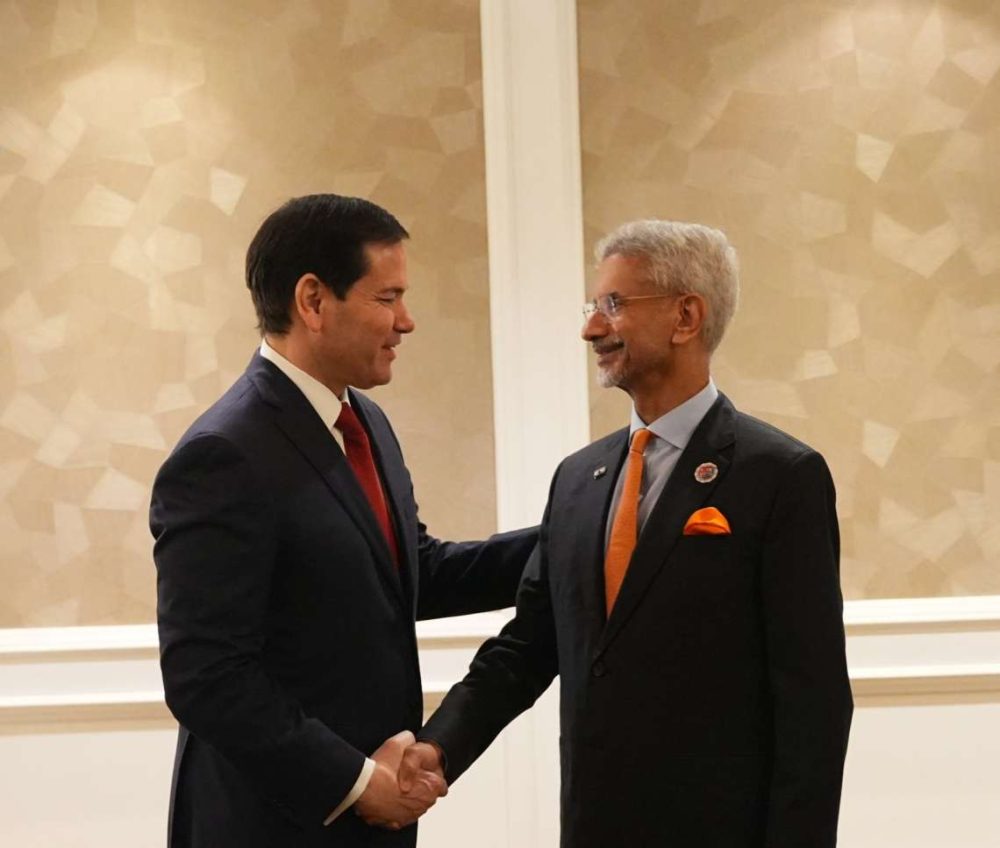The total income of the British higher education sector in 2022-23 was just over £50 billion ($66 billion), most of it from tuition fees and grants…reports Asian Lite News
Restrictions on visas for international students is causing financial hardship for UK universities, they said on Thursday, calling for a hike in domestic tuition fees to offset yawning deficits.
The president of Universities UK (UUK), which represents 141 British higher education institutions, said all its universities were “feeling the crunch” since the curbs came in last year.
“There is now a clear choice: we can allow our distinguished, globally competitive higher education system to slide into decline or we can act together,” said Sally Mapstone.
The total income of the British higher education sector in 2022-23 was just over £50 billion ($66 billion), most of it from tuition fees and grants, according to a House of Commons research paper.
Typically, international students pay more in tuition fees than their domestic counterparts and have become a lucrative source of income for many institutions.
But the previous government under Conservative ex-prime minister Rishi Sunak slapped restrictions on overseas student visas, banning many from bringing their families, as part of a crackdown on record levels of immigration.
In the first four months of 2024, there were 30,000 fewer applications from overseas than in the same period in 2023, according to official statistics.
Universities have been warning for months about the effect on their finances, with fears shortfalls could see them slash courses and force some to the wall.
Mapstone told a UUK conference in Reading, west of London, that the current deficit in the sector was £1.7 billion for teaching and £5 billion for research.
She urged “investment and support” from the government to maintain world-class teaching and research.
Tuition fees paid by domestic students rose from £9,000 to £9,250 a year in 2017 but have been frozen since then, despite inflation.
The head of King’s College London, Shitij Kapur, said fees should now be between £12,000 and £13,000.
In a video broadcast at the UUK conference, the new Labour government’s Education Secretary Bridget Phillipson acknowledged that universities were facing “complex problems.”
“I can’t promise painless or immediate resolutions, but I do promise that these issues will get the attention and the commitment they deserve,” she said.
ALSO READ: Over 300 bodies found in Oldham mass grave














